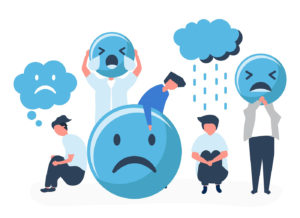We are who we are because of our thoughts
As humans, we all have hundreds, if not thousands, of thoughts a day. It’s pretty hard to keep track of them! However, on the surface, we know that thoughts are an integral part of our lives. The decisions we make: from what food to eat, to the most important choices of our lives like getting married or deciding what career to pursue, turn us into who we are.
In this article, we explore the different kinds of thoughts, and continuing on from the previous article — the role that Thoughts play in The Mind Cycle. Ultimately we want to know: can changing our Thoughts change our lives?
The two types of thoughts
Thoughts can be conscious or unconscious.
- Conscious thoughts refer to thoughts that we are aware of, and thoughts that we have ‘created’ with our own control. Example: “I have a job interview next week. I better prepare for it”
- Unconscious thoughts are thoughts that we are not aware were created, but they ‘surface’ up to get our attention. Example: “I’m hungry.”
Thoughts reflect our values and goals
No matter what kind of thoughts we have, they are like a mirror of our values and goals. We all have values and goals, whether innate (personal) or extrinsic (from external influences). In essence, the goals that drive us can be seen in the thoughts that we have!
Examples:
- “I’m hungry!”– Innate goal to survive
- “I better prepare for my job interview.”– Personal goal to get a dream job, external influence to earn income to help family.
How external events and our thoughts affect emotions
From our last article on the Mind Cycle, we learned that actions, emotions and thoughts influence one another

Hence, when external events happen, we react to them with our thoughts. For example, there might be a case when we skipped a meal. Then, this leads to the unconscious thought “I’m hungry”. Following this, we might feel cranky and irritated as we seek out food to quell our hunger.
In this case, we feel ‘negative’ emotions, because the thoughts we have are not in sync with our innate values and goals, which is to stay full and prevent ourselves from going hungry.
In another example, one received news that one has failed a job interview. Then, this leads to the unconscious thought: “I am unhappy because I did not get the job”. Following this, we might feel upset, jealousy, and even anger.
Again, ‘negative’ emotions surface because the thoughts we have are not in sync with our innate values and goals. Our goal might be to get that dream job, but since the actions and thoughts are all against that, then our emotions are also thrown into haywire and ‘negative’ emotions emerge.
You are what you think
We have explored the different types of thoughts there are, as well as how external events can affect our thoughts which in turn influence our emotions. We learned that ‘negative’ emotions arise when our thoughts clash with our inner goals and values. The opposite is true too: when we begin to think thoughts that align with our inner goals and values, more ‘positive’ emotions start to come.
Indeed, some of our thoughts are automatic. Most of the time, however, it is these thoughts that turn us into who we are. Our thoughts make us sad, our thoughts make us happy. There may be instances when we become sad because something in our situation is not right, and we become miserable when our thoughts become too strong.
On the other hand, we can feel joy when something happens according to our thinking, and we become elated when these thoughts become too strong.
Much like anything in life, we need to learn to strike a balance with our thoughts. Now that we are aware of what’s in a thinking, we can easily create thoughts that help us achieve the desired emotions and state we want to reach.
This article series on the Mind Cycle delves into aspects of Cognitive Behavioral Therapy (CBT). Interested to find out more about Cognitive Behavioral Therapy in Singapore and how it may help you? BlankSlate Counselling has got you covered.
With trusted and professional counsellors that have years of experience in CBT and other Therapy techniques, BlankSlate Counselling aims to help individuals find their inner strength to achieve what they set out to do. Give us a call at 6698 5198, or send us a message today.




Pingback: Welcome to BlankSlate! | BlankSlate Counselling